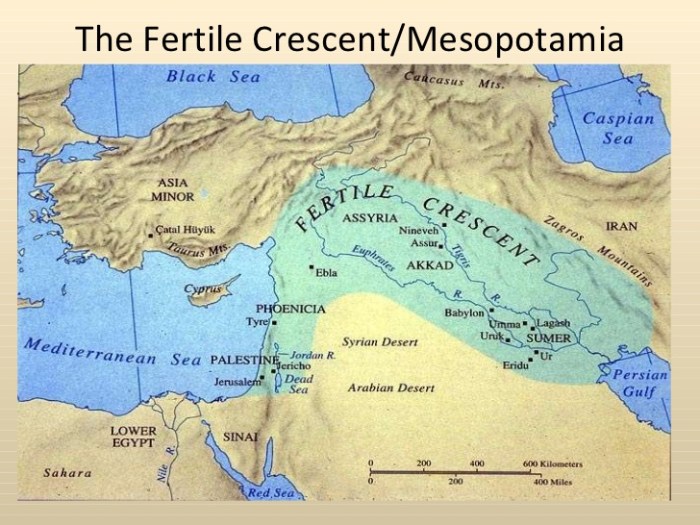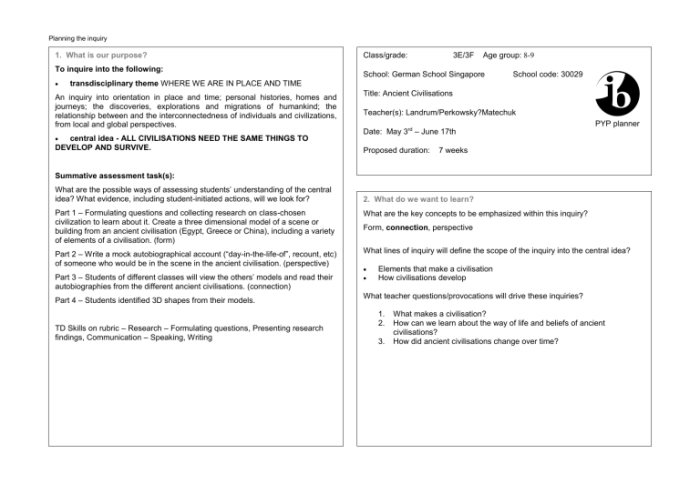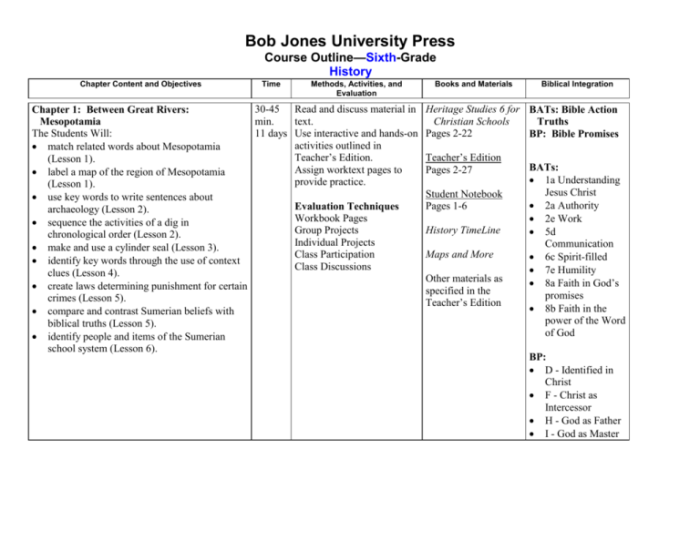Heritage studies 6 ancient civilizations answer key unlocks the secrets of the past, providing an in-depth exploration of six foundational civilizations that shaped human history. From the grandeur of Mesopotamia to the ingenuity of Rome, this comprehensive guide unravels the intricate tapestry of their political, social, economic, and cultural landscapes, offering invaluable insights into the roots of our present.
As we delve into the heart of these ancient societies, we uncover their unique characteristics, from the advanced irrigation systems of Mesopotamia to the sophisticated legal frameworks of Rome. Their cultural contributions, including architectural marvels, literary masterpieces, and scientific advancements, continue to resonate across time, leaving an indelible mark on the development of human civilization.
Ancient Civilizations: Heritage Studies 6 Ancient Civilizations Answer Key

Ancient civilizations played a pivotal role in shaping the course of human history. Six civilizations stand out for their remarkable contributions and lasting impact: Mesopotamia, Egypt, India, China, Greece, and Rome.
Geographical Locations and Time Periods, Heritage studies 6 ancient civilizations answer key
- Mesopotamia: Located in present-day Iraq, flourished from c. 3500 to 539 BCE.
- Egypt: Situated along the Nile River, thrived from c. 3100 to 30 BCE.
- India: Located in the Indian subcontinent, developed from c. 2600 BCE onwards.
- China: Flourished in the Yellow River valley, with its earliest civilization dating back to c. 1600 BCE.
- Greece: Emerged in the eastern Mediterranean, from c. 2700 to 146 BCE.
- Rome: Located in the Italian Peninsula, expanded from c. 753 BCE to 476 CE.
FAQ Insights
What are the six ancient civilizations covered in this study?
Mesopotamia, Egypt, India, China, Greece, and Rome
What aspects of these civilizations are examined?
Political systems, social structures, economic systems, cultural achievements, and interactions
What is the significance of studying ancient civilizations?
To understand the roots of human civilization, learn from their successes and failures, and gain insights into the development of modern societies

